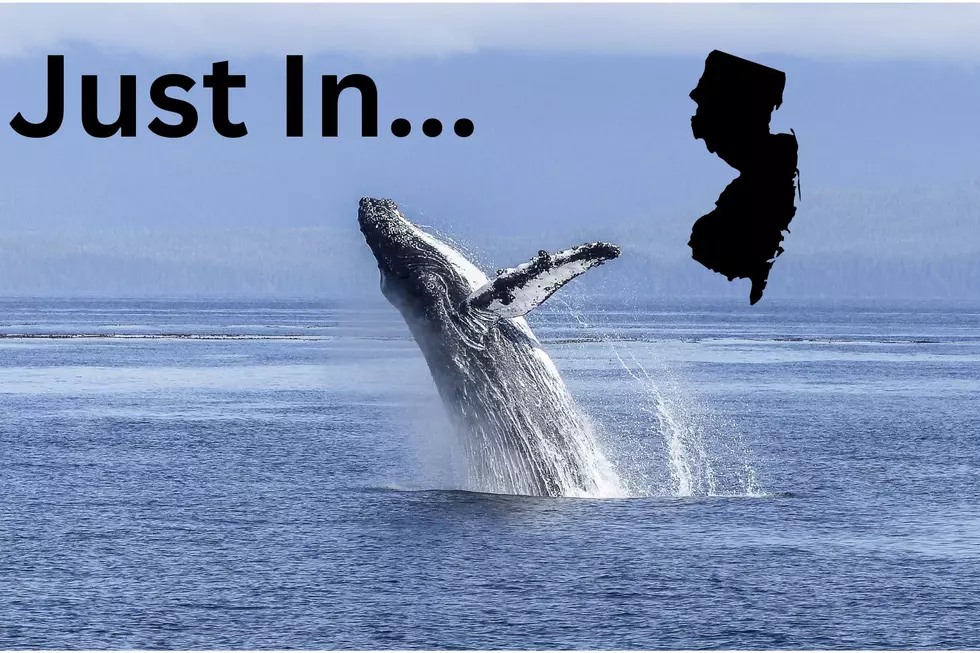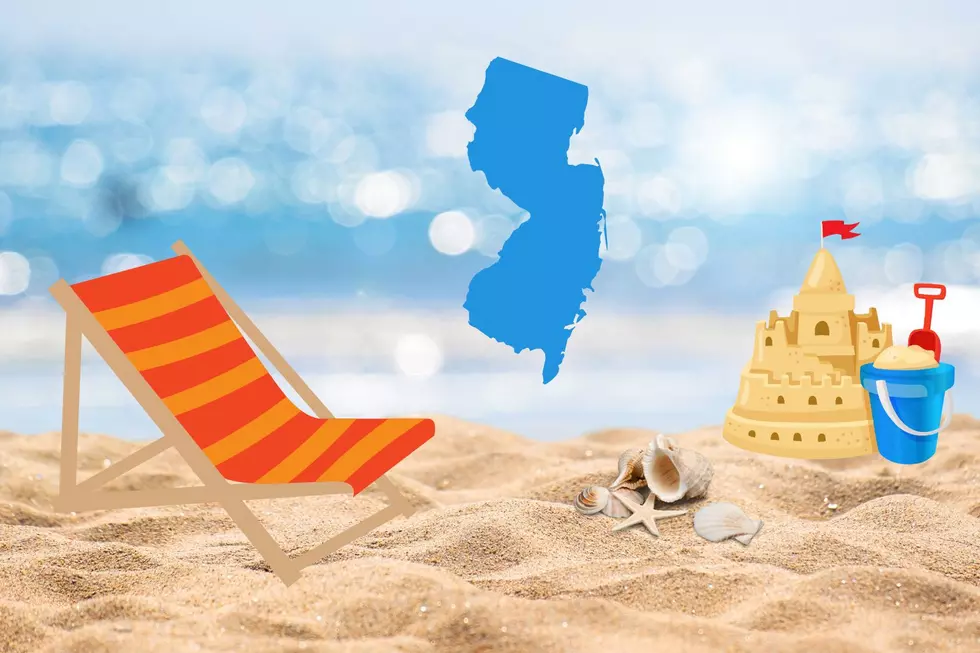
How much are Airbnb rentals affecting NJ shore tourism?
Tourism industry employees and observers at the Jersey Shore are keeping a close eye on the rising popularity of online home-sharing services such as Airbnb, which currently don't adhere to the same sales and lodging taxes as hotels and motels.
While that could change by next year, for now there are questions over the economic impact and safety of these services, as well as how to market to the people using them.
Diane Wieland, director of tourism for Cape May County, uncovered more than 300 Airbnb listings throughout the county during a quick online search in May. Hundreds of more listings were found through sites such as FlipKey and VRBO.
But not one of those listings include sales or occupancy taxes one would see on the bill for a hotel room, for example. Occupancy tax collections, handled by the state, go back to shore communities in the way of marketing grants.
Wieland said if these online services are taking away customers who would typically occupy a hotel every summer, they're cutting into the county's potential for growth in grant funding.
She's interested in learning the results of an upcoming Stockton University survey on shore visitors who use online booking services.
"We just need to study it more," Wieland said.
She noted these sites may affect the average length of stay for visitors. While week-long vacations make up 39 percent of visits, many online home-share listings allow folks to shorten their stay to even one night.
"And then there’s the other side of people renting in residential areas and now bringing visitors into the area that the neighbor doesn’t know about," Wieland added. "There’s a strange car parked in the driveway next door. What's that about?"
A handful of non-shore New Jersey communities have banned short-term rentals as a way to improve quality of life for residents.
Under a measure advancing in the state Legislature, home-sharing rentals would be subject to the same taxes hotels and motels currently collect. Airbnb helped craft the legislation; the company already remits taxes to more than 15 other states.
Dana Lancellotti, director of business development and tourism for Ocean County, said no matter where a visitor stays or the amount of taxes they pay, they're still contributing to the local economy.
"It's getting them into the area that matters," she said. "We want them to be here and enjoying Ocean County. When they are, they're contributing to the county because they're purchasing, they're buying local, they're using our great venues and attractions."
Lancellotti said despite consumers' increasing interest in services such as Airbnb, hotels are still "doing very well as far as their bookings for the summer."
"People will always look for hotels," she said. "They do love to stay in hotels, especially a brand hotel where they know what they're going to get — certain standards that they're familiar with."
In 2016, more than 6,000 New Jersey hosts earned over $50 million by renting out their home or a room to visitors through Airbnb, according to figures from the San Francisco-based company.
Contact reporter Dino Flammia at dino.flammia@townsquaremedia.com.
More From 92.7 WOBM










